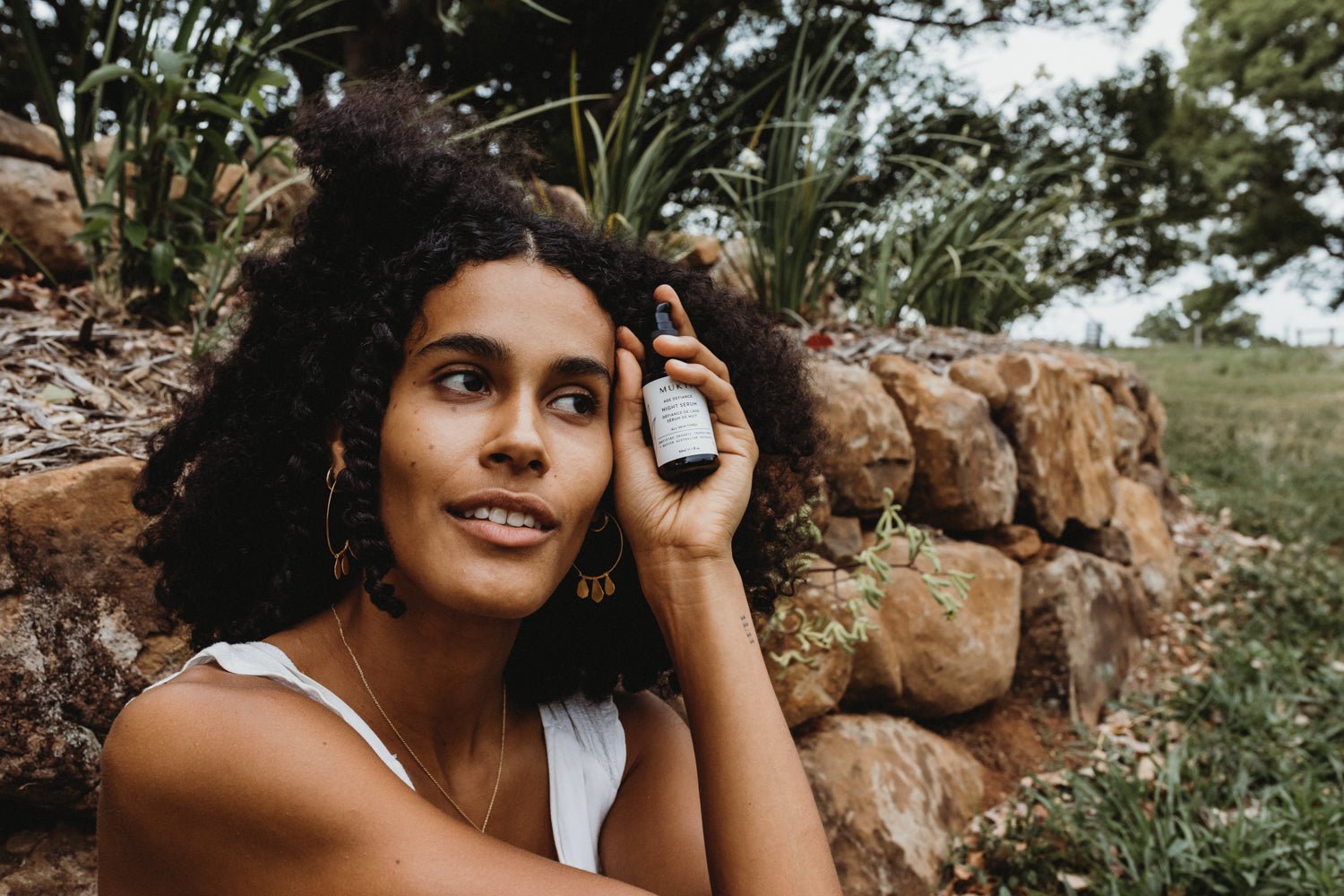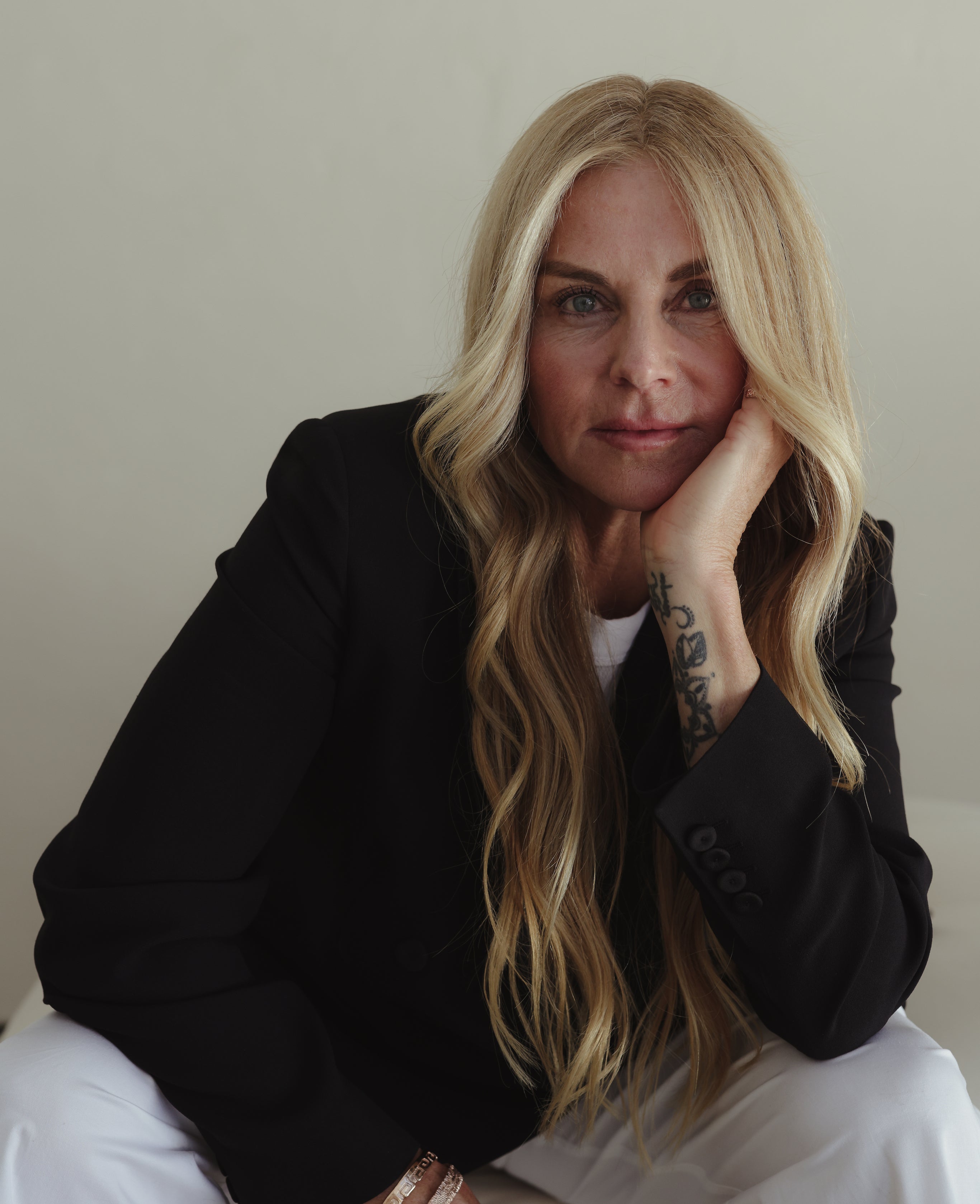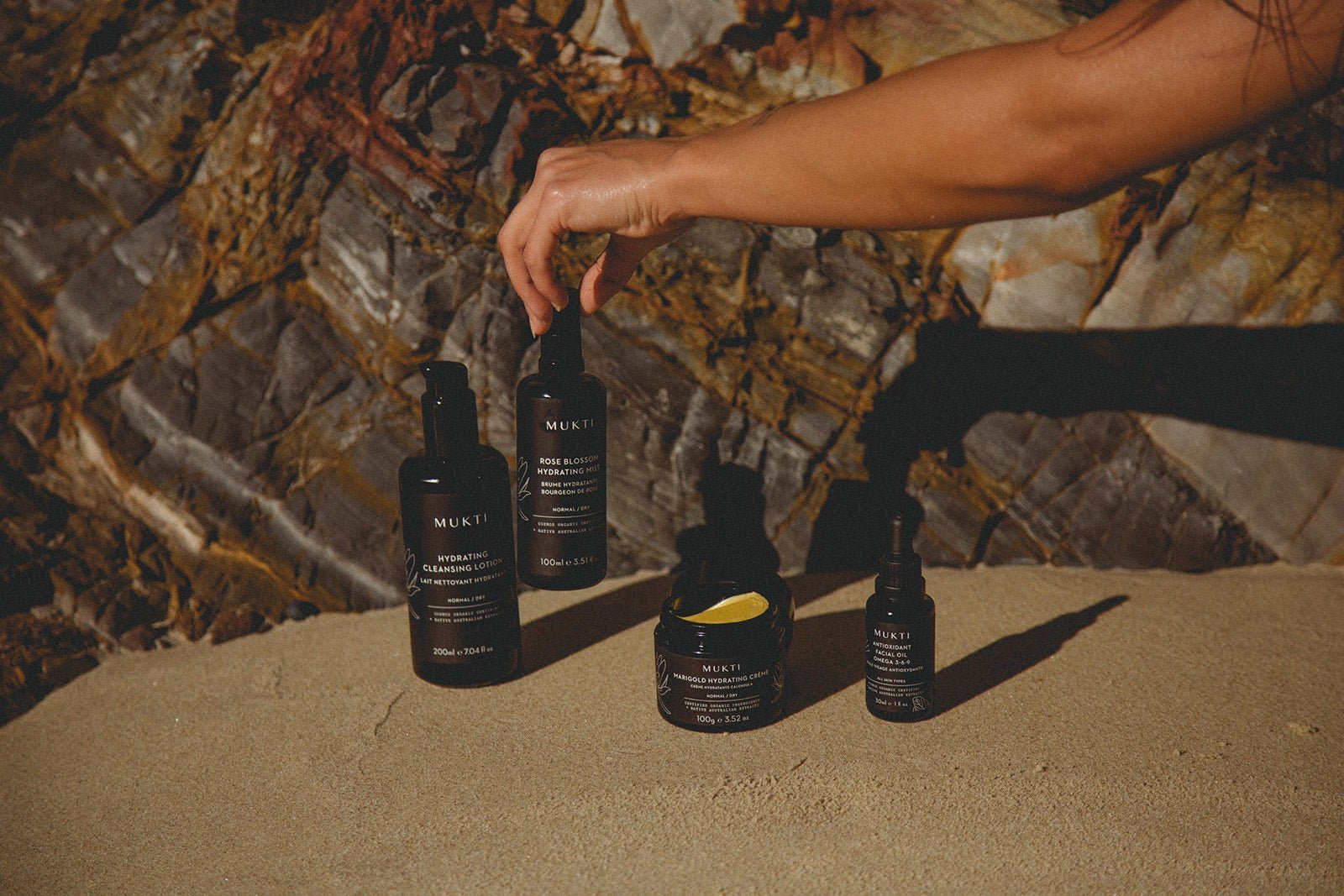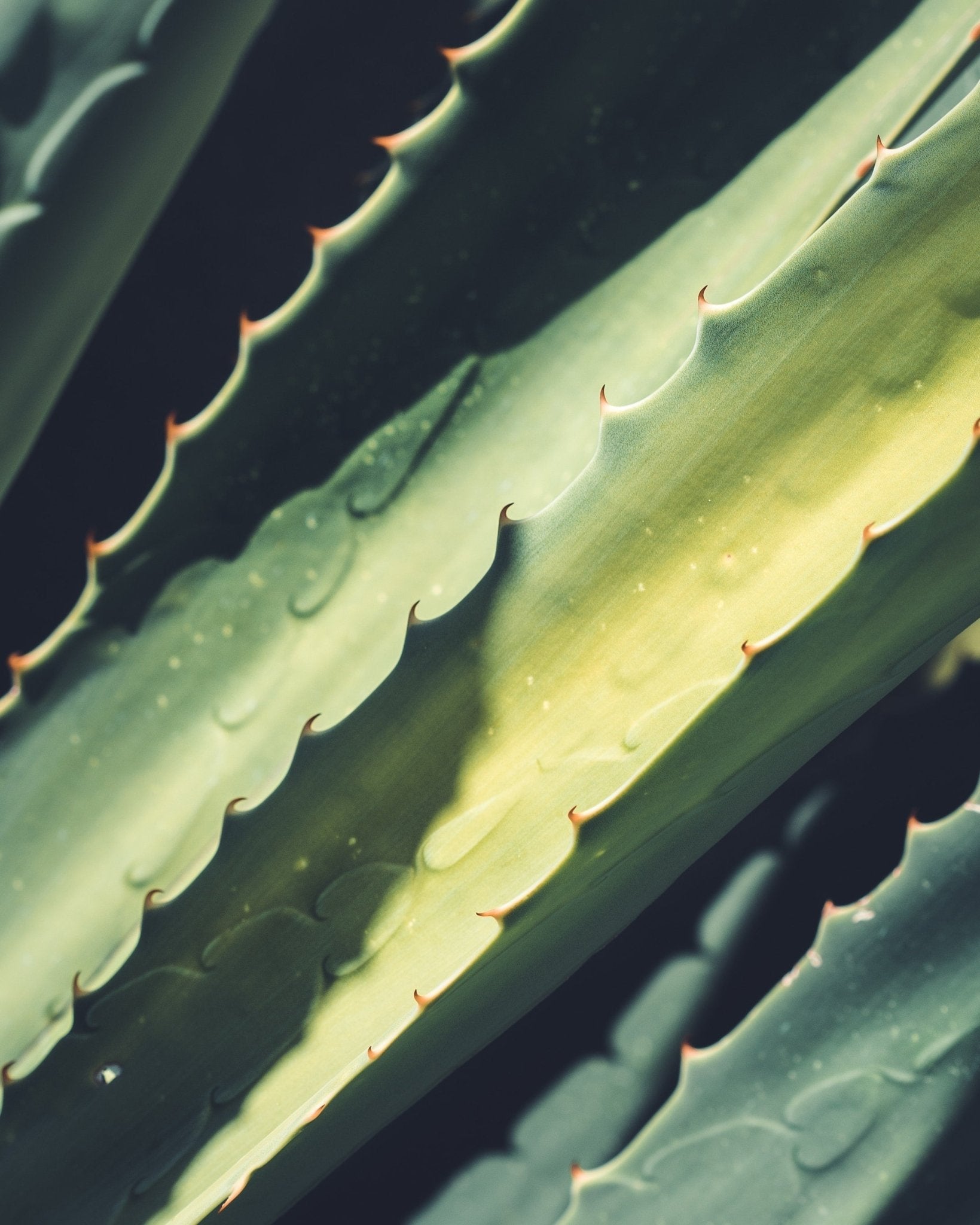
Everything You Need to Know About Bakuchiol
Bakuchiol has gained exceptional popularity in the skincare industry in recent years. It is touted for its similar anti-ageing benefits as retinol, and dubbed by many as a natural alternative to vitamin A.
Since many individuals find themselves unable to use vitamin A due to sensitivity or becoming pregnant, Bakuchiol offers a very attractive alternative as a plant-derived, pregnancy-safe solution without the same drawbacks of irritancy as retinoids.
Here, we explore exactly what Bakuchiol is and how it compares with vitamin A when it comes to skincare.
What is Bakuchiol?
Bakuchiol is a plant-derived substance harvested from the seeds and leaves of the Psoralea Corylifolia plant which is native to India. It has a fairly similar molecular structure to retinoic acid — the final conversion stage of vitamin A in the skin — and also has similar impacts on gene expression as vitamin A. This closeness in structure and outcomes in the skin is responsible for its current reputation as a ‘natural vitamin A’. Despite this, Bakuchiol is not classed as a retinoid.
Skin Benefits of Bakuchiol vs Retinol
Since Bakuchiol is a fairly new ingredient in skincare, there is less scientific data on its efficacy when included in a formulation compared with vitamin A. In saying that, there are a handful of high quality studies that show impressive results after using Bakuchiol on the skin.
A randomised double-blind clinical study, published in the British Journal of Dermatology in 20181 followed 44 participants who applied either 0.5% Bakuchiol cream twice a day, or 0.5% retinol cream once per day, to their skin topically. Bakuchiol and retinol yielded very similar results, showing reduced wrinkle surface area and hyperpigmentation, with the retinol-using group showing greater peeling and stinging compared with the Bakuchiol users. This demonstrates that Bakuchiol does live up to its reputation as a successful anti-ageing ingredient that produces less irritation and side-effects than retinoids.
Both Bakuchiol and retinol possess antioxidant properties, which help to protect the skin from damage caused by free radicals.
How to Combine Bakuchiol with Other Ingredients
Bakuchiol can be incorporated into your skincare routine without fear of volatility when mixed with other products. It can be safely used alongside Hyaluronic Acid, Niacinamide, vitamin C, and peptides, and can even improve the effects of your retinol. Bakuchiol also does not seem to exhibit the same sun-sensitising properties of retinoids, however, daily sunscreen is still advised in order to protect the skin both from skin cancers as well as the signs of ageing your Bakuchiol is working to reduce!
Bakuchiol, while still a relatively new ingredient, certainly shows a lot of promise when it comes to age prevention and reduced pigmentation. It is safe during pregnancy, produces less irritation, and can be safely combined with a number of other skincare ingredients.
For those who are pregnant or breastfeeding, experience sensitive or reactive skin, or cannot use vitamin A for other reasons, Bakuchiol offers an excellent alternative for reducing pigment and boosting the skin’s volume and elasticity.
Looking for a Vitamin A alternative? Our Age Defiance Night Serum contains Bakuchiol, plus numerous other skin-loving key ingredients including Niacinamide, Papain Enzyme, and Chromabright.
References:
- Dhaliwal, S.; Rybak, I.; Ellis, S.R.; Notay, M.; Trivedi, M.; Burney, W.; Vaughn, A.R.; Nguyen, M.; Reiter, P.; Bosanac, S.; et al. Prospective, randomized, double-blind assessment of topical bakuchiol and retinol for facial photoageing. Br. J. Dermatol. 2019, 180, 289–296.





1 comment
Great article! I learned a lot about bakuchiol, especially how it compares to retinol and how to use it with other skincare products. I’m definitely going to try some of the tips you shared.
Vilvah
Leave a comment
This site is protected by hCaptcha and the hCaptcha Privacy Policy and Terms of Service apply.